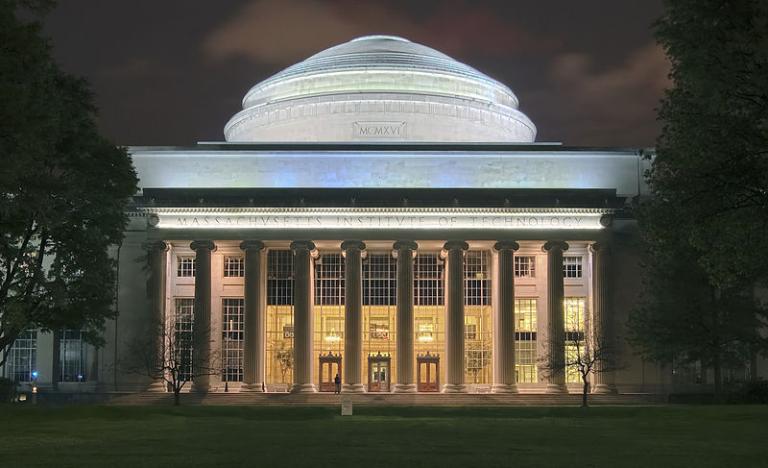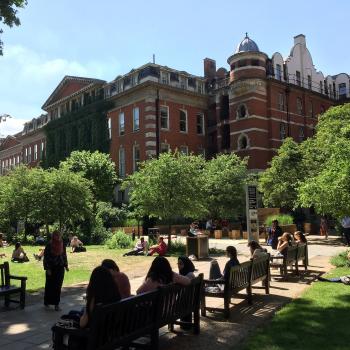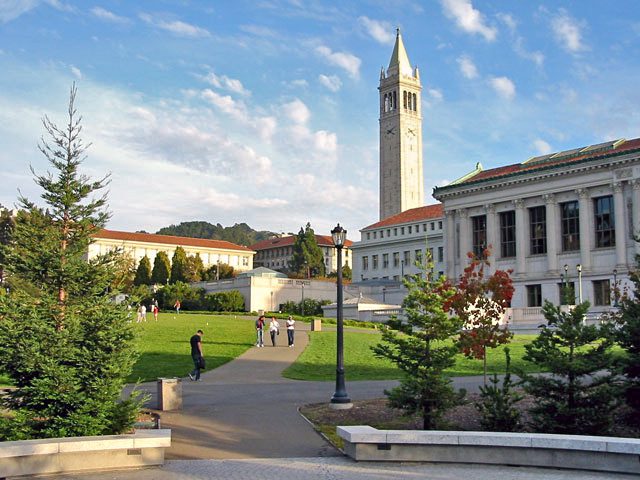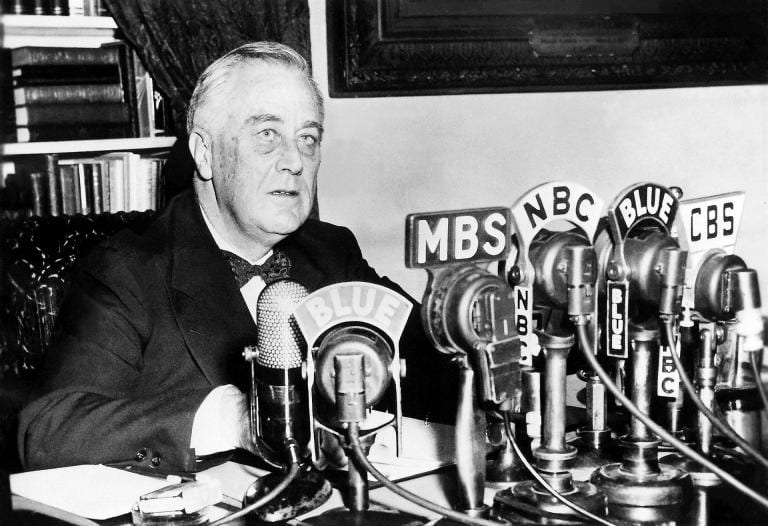
Another interesting passage from the late Huston Smith, for whom I had and still have great personal affection:
The powers of life, consciousness, and self-awareness are entirely invisible (without color, sound, taste, or smell) while being — this is important — what we are mainly interested in. All our thoughts, emotions, feelings, imaginations, reveries, dreams, fantasies, are invisible, and this has implications that are more startling than we normally realize. As it is these interior features that we identify with most — take ourselves at heart to be — we are invisible; we live in a world of invisible people. I have not chosen that way of putting the matter for its shock value. No verbal legerdemain is involved; only the insistence that we face the implications of the way we actually, workingly, think of ourselves. It would be an oversimplification to say that we are completely invisible, for we do have bodies; but as between oversimplifications, it is literally more accurate to say that we are invisible than to say the opposite.
Huston Smith, Beyond the Post-Modern Mind, rev. ed. (Wheaton, IL: The Theosophical Publishing House, 1989), 58 note d.
***
Some notes from Keith Ward, Why There Almost Certainly Is a God: Doubting Dawkins (Oxford: Lion, 2008).
Is intelligent mind an ultimate and irreducible feature of reality? Indeed, is it the ultimate nature of reality? Or is mind and consciousness an unforeseen and unintended product of basically material processes of evolution?
If you look at the history of philosophy, it soon becomes clear that almost all the great classical philosophers took the first of these views. Plato, Aristotle, Anselm, Aquinas, Descartes, Leibniz, Spinoza, Locke, Berkeley, Kant, Hegel — they all argued that the ultimate reality, often hidden under the appearances of the material world of time and space, is mind or Spirit. (12)
Ward observes that even the great philosophical dissenters from the “classical” position — figures such as Hume and his own Oxford teacher, the atheistic philosopher A. J. Ayer — weren’t really materialists, strictly speaking. (12)
Of course there is a world of enduring physical objects, of course the future will be like the past, of course there are universal laws of nature, of course we are continuing selves who are aware of sense-data, and of course there are other sets of sense-data, in other minds. But none of these things can be proved by argument. They are just common sense beliefs, and we accept them largely because they enable us to navigate our way in a confusing world, because in some sense they ‘work’.
Most philosophers in the world have been in some sense idealists — that is, they have thought that the ultimate reality is mind. (12-13)












